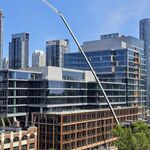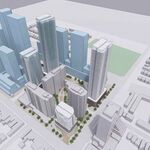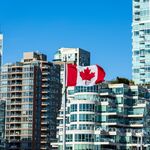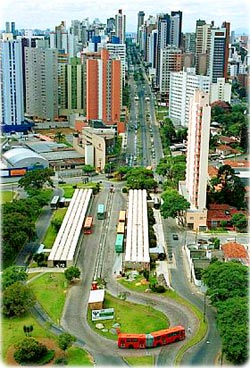scarberiankhatru
Senior Member
In the longer term, Sheppard's bus terminal would be a prime redevelopment site. Finch, too, as it could get away with far smaller terminal areas.
Kennedy has tons of room for a few towers, particularly if a parking garage was built. However, only Tridel could be successful there, so it kind of depends on them.
Bessarion should have been built with towers on top in mind from day one.
The city owns them, not the TTC (not that it matters too much) but the green P lots at Yonge & York Mills/Wilson are begging to go. The only problem is that unless they are replaced by office buildings, the luxury condos that will invariably get built instead will generate far fewer transit trips than the parking lots do. People will just park at Finch or Yorkdale instead, I guess.
Kennedy has tons of room for a few towers, particularly if a parking garage was built. However, only Tridel could be successful there, so it kind of depends on them.
Bessarion should have been built with towers on top in mind from day one.
The city owns them, not the TTC (not that it matters too much) but the green P lots at Yonge & York Mills/Wilson are begging to go. The only problem is that unless they are replaced by office buildings, the luxury condos that will invariably get built instead will generate far fewer transit trips than the parking lots do. People will just park at Finch or Yorkdale instead, I guess.






